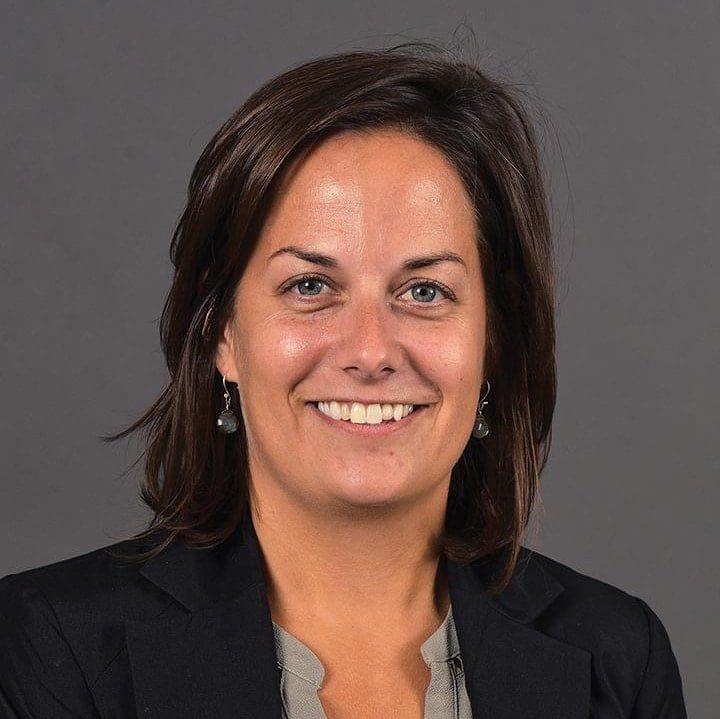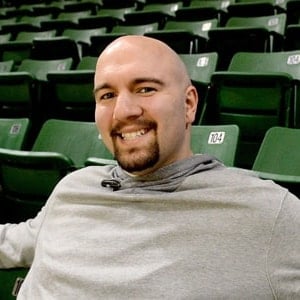Abstract
This presentation will describe critical, evidence-based strategies for promoting and maintaining quality within services specifically for adults with autism. The strategies to be presented are based on over four decades of behavior analytic research and application in residential and day-support settings for adults with autism and other severe disabilities. Topics to be discussed include the fundamental differences in goals for services for adults versus children, basic skill sets required of support staff, key performance responsibilities of staff warranting regular attention and action by supervisors, characteristics of environments that promote meaningful and enjoyable daily routines, and supervisory performance expectations and skills necessary for ensuring day-to-day quality in service provision. The most common obstacles to quality services will also be presented along with research based means of overcoming the obstacles.
About the Speaker
Dr. Dennis H. Reid is a licensed psychologist and board certified behavior analyst who has spent his career providing behavioral services as a teacher, psychologist, program director, and director of psychology services. Dr. Reid shows a sustained record of impressive and outstanding applied research with major benefits for its direct participants, populations of participants, and fellow researchers. While most of his work is reported as peer-reviewed research in the most rigorous of applied journals, he has also taken the time to write books and manuals to allow this information to be exported to the widest audience. His work on reinforcer assessment/preference and happiness indices was seminal and is frequently cited. This line of preference investigation has opened new opportunities for the lives of individuals with profound, multiple handicaps. His work in staff training and management (including staff motivation) has helped other researchers and practitioners understand and use these procedures.










